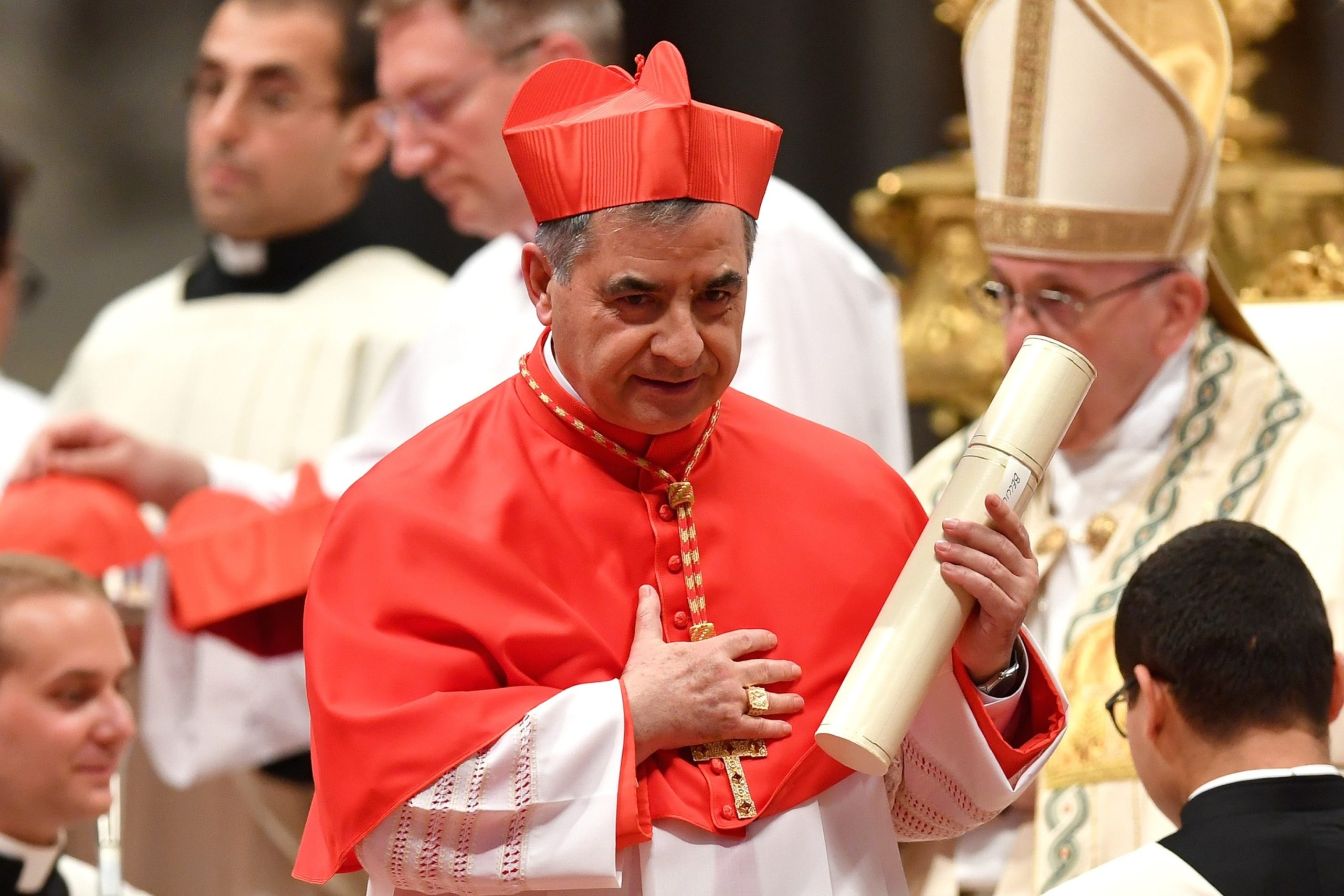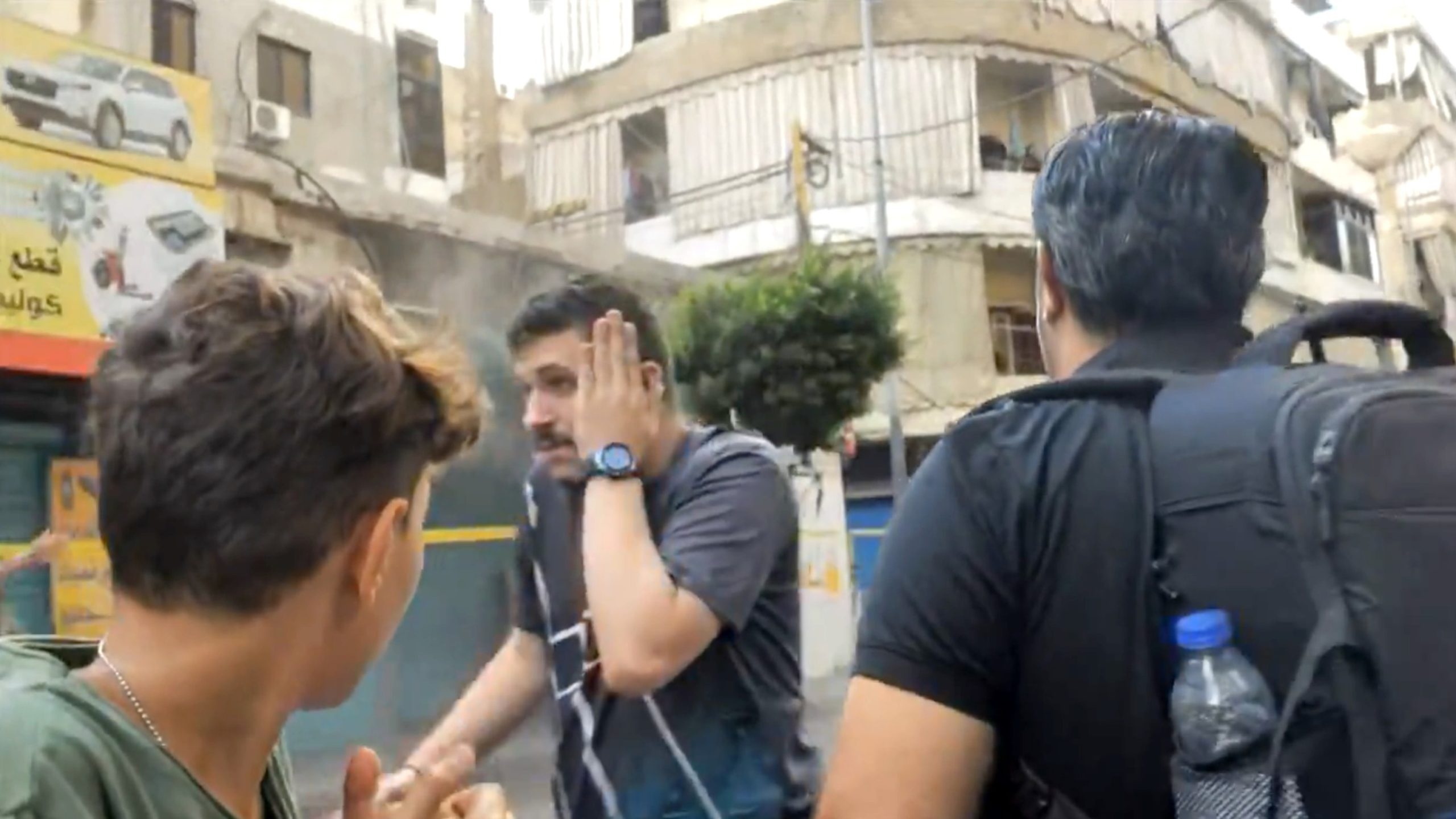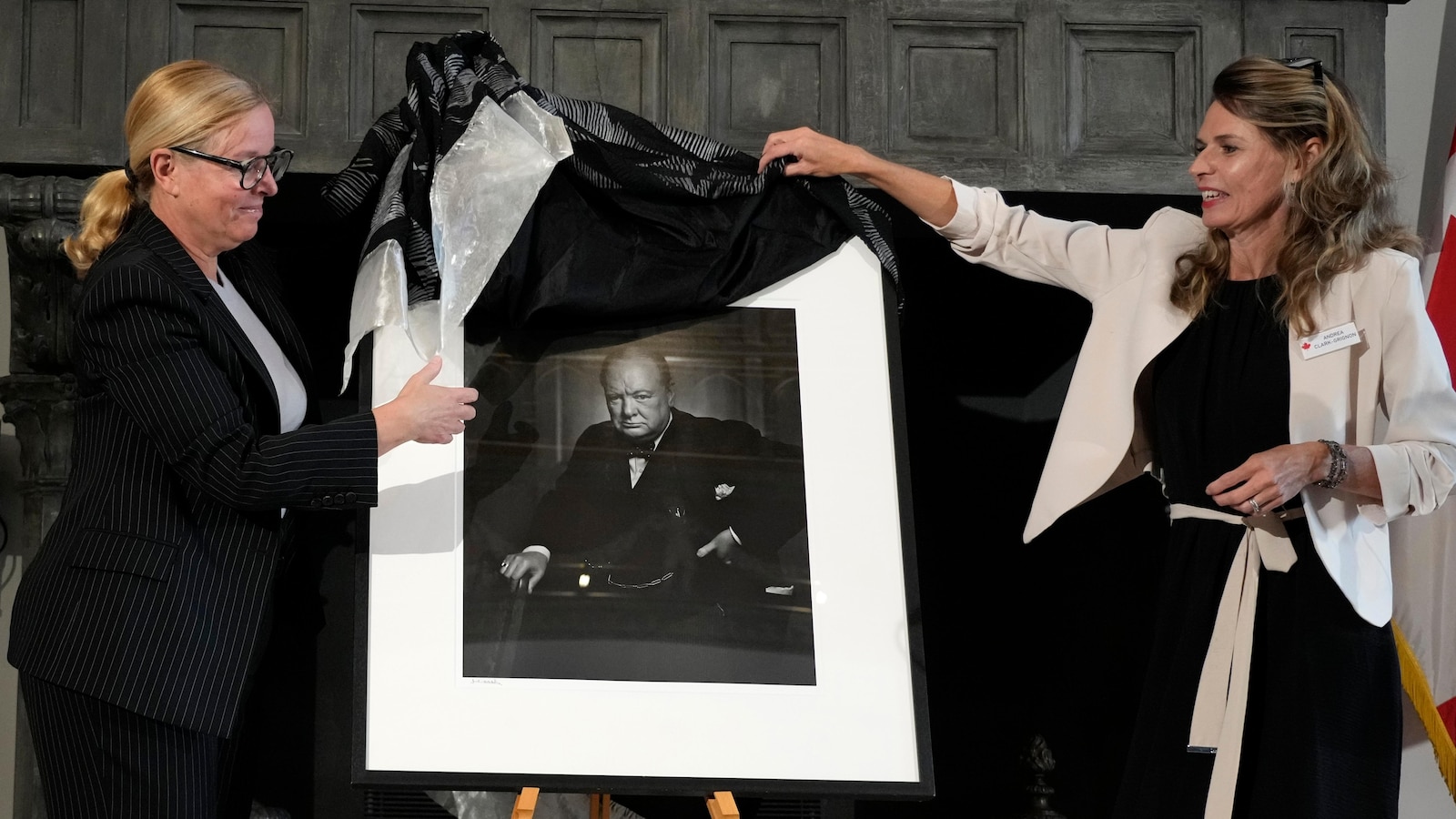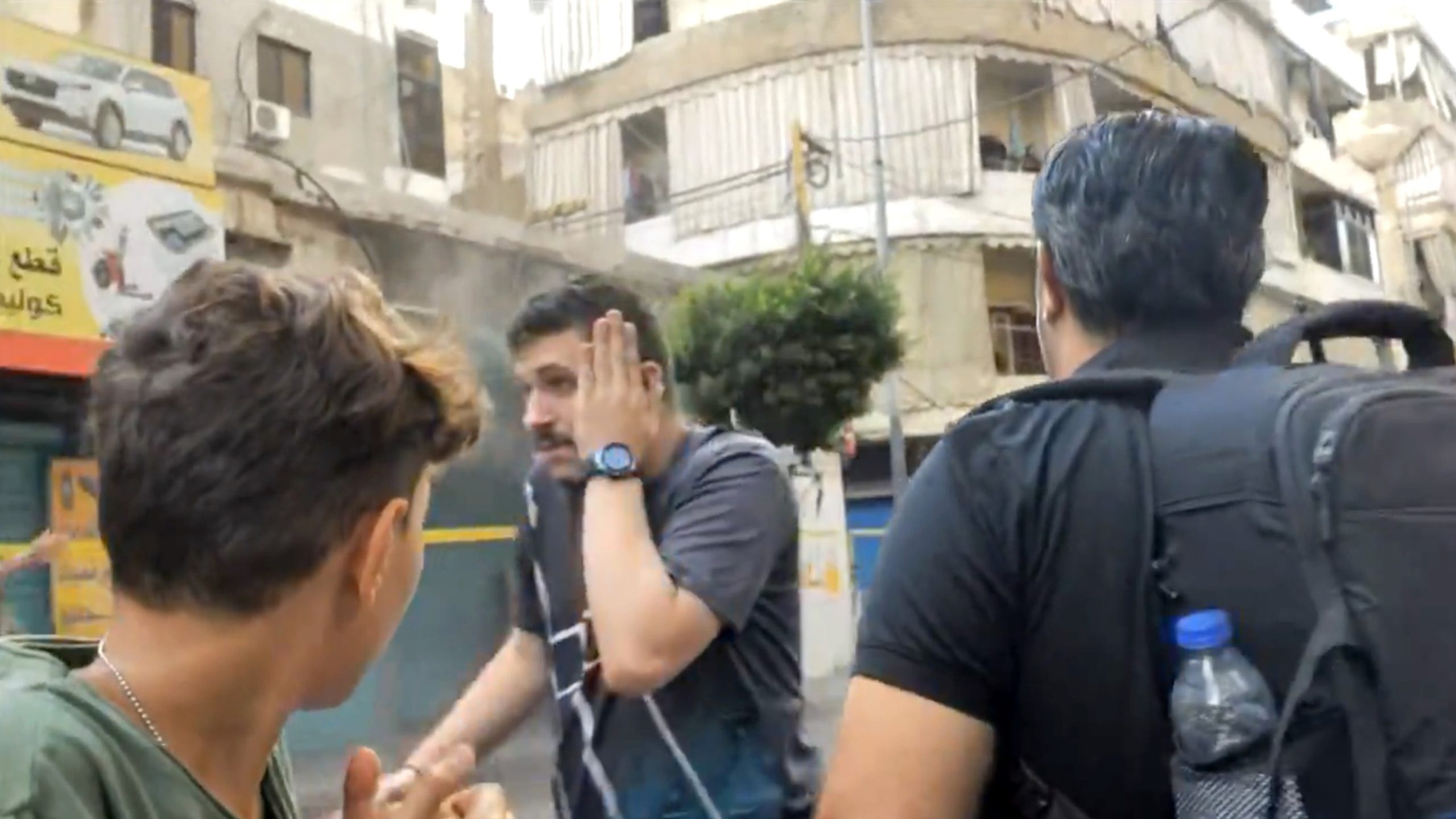Verdict of Vatican’s Landmark Financial Trial to Determine Success of Pope Francis’ Reforms
The Vatican City, the spiritual and administrative headquarters of the Roman Catholic Church, has been embroiled in a landmark financial trial that has far-reaching implications for the success of Pope Francis’ ongoing reforms. The verdict of this trial will not only determine the fate of those involved but also serve as a litmus test for the effectiveness of the Pope’s efforts to bring transparency and accountability to the Vatican’s financial operations.
The trial revolves around allegations of embezzlement, money laundering, and abuse of power within the Vatican’s financial institutions. The defendants include Cardinal Angelo Becciu, a former high-ranking official in the Vatican’s Secretariat of State, and nine others, including prominent Italian businessmen and lawyers. The charges against them range from misappropriation of funds to extortion and fraud.
Pope Francis, since assuming the papacy in 2013, has been committed to reforming the Vatican’s financial system, which has long been plagued by scandals and allegations of corruption. He established the Vatican’s first-ever Secretariat for the Economy in 2014, tasked with overseeing the financial affairs of the Holy See. Additionally, he appointed independent auditors to review the Vatican’s accounts and implemented stringent measures to combat money laundering and improve transparency.
The trial, which began in July 2020, is a significant step towards achieving these reforms. It demonstrates the Pope’s resolve to hold accountable those who have abused their positions of power within the Vatican’s financial institutions. By allowing the judicial process to run its course, Pope Francis aims to restore faith in the Church’s financial integrity and ensure that such misconduct is not repeated.
The outcome of this trial will have profound implications for Pope Francis’ reform agenda. If the defendants are found guilty and receive appropriate punishments, it will serve as a powerful deterrent against future financial misconduct within the Vatican. It will also send a strong message that the Pope’s commitment to transparency and accountability is not merely rhetoric but backed by concrete action.
On the other hand, if the defendants are acquitted or receive lenient sentences, it may undermine the credibility of the Pope’s reforms. Critics may argue that despite his intentions, Pope Francis has been unable to effect real change within the Vatican’s financial system. Such an outcome could fuel skepticism and hinder the Pope’s ability to push through further reforms in the future.
It is important to note that the Vatican’s financial trial is not an isolated event but part of a broader effort to overhaul the Church’s financial operations. Pope Francis has been working to centralize and streamline the Vatican’s various financial entities, reducing the risk of corruption and improving accountability. He has also sought to strengthen cooperation with international financial authorities to ensure compliance with global standards.
Regardless of the trial’s verdict, it is clear that Pope Francis’ reforms have already had a significant impact on the Vatican’s financial system. The mere fact that such a trial is taking place demonstrates a shift towards greater transparency and a willingness to confront past wrongdoings. The Pope’s efforts have also led to improved financial reporting, increased oversight, and a more professional approach to managing the Church’s assets.
In conclusion, the verdict of the Vatican’s landmark financial trial will be a crucial moment for Pope Francis’ reform agenda. It will determine whether his efforts to bring transparency and accountability to the Vatican’s financial operations have been successful. The outcome will not only shape public perception of the Church’s commitment to combating corruption but also influence the Pope’s ability to push through further reforms in the future.



